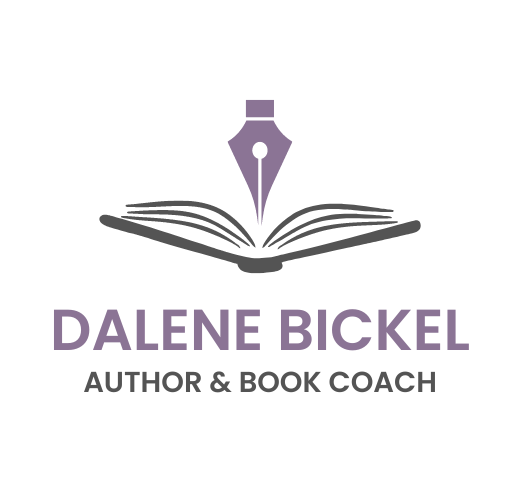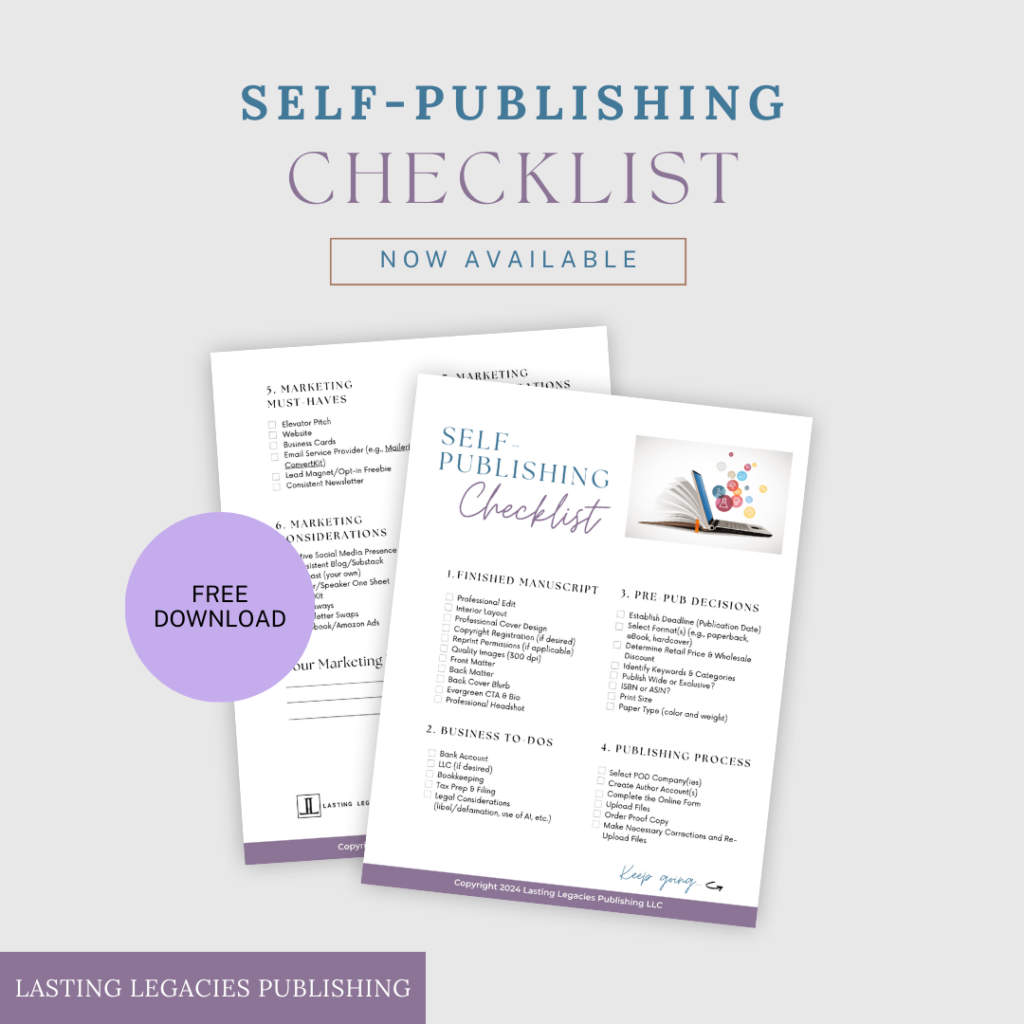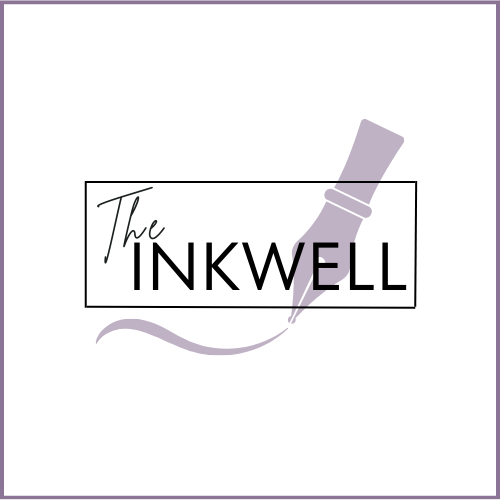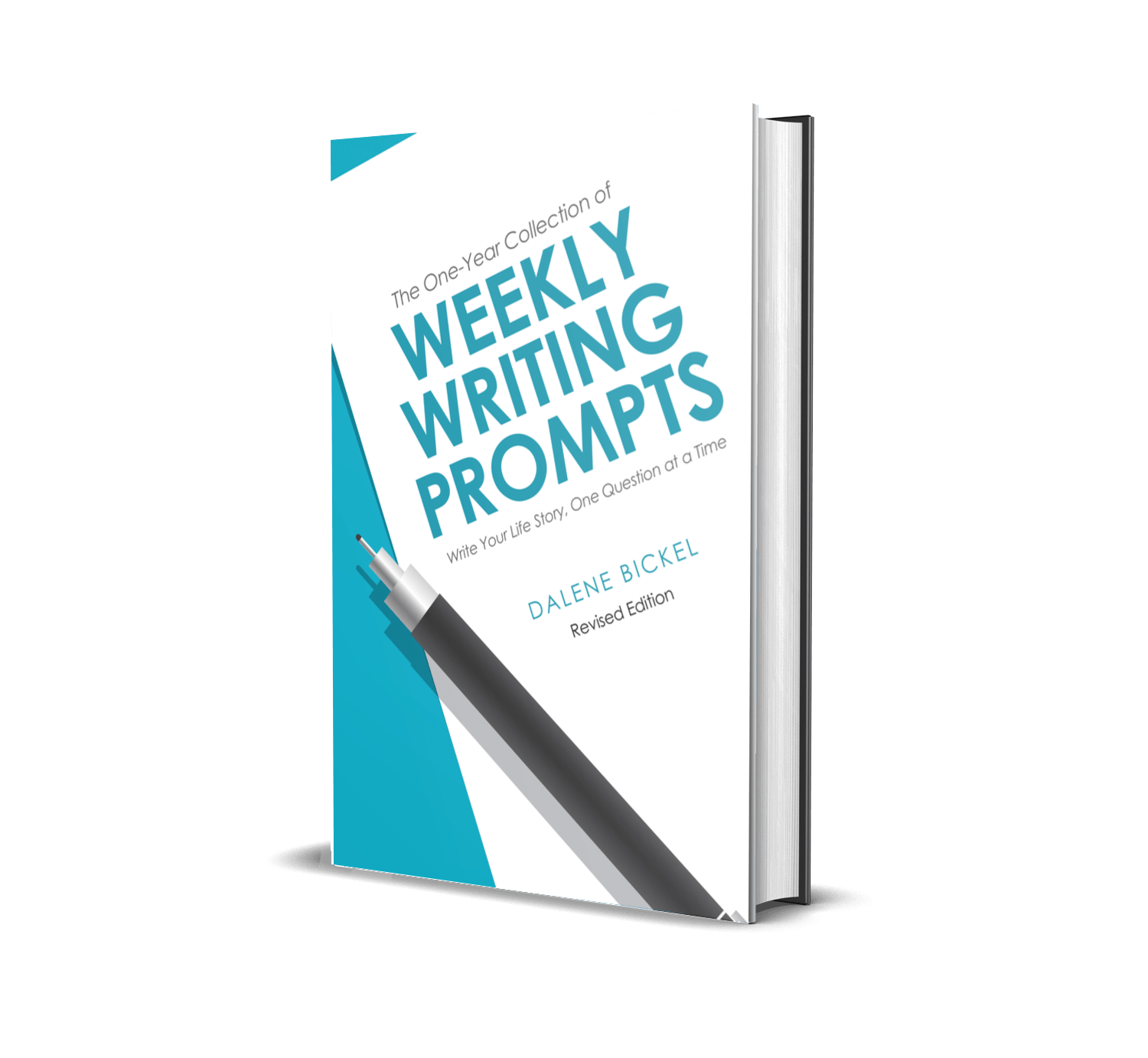LISTEN
READ
What Is Your Motivation and Identity as a Writer?
Today we’re going to dive a little bit deeper into the personal side of things and talk about your motivation and identity as a writer.
This morning during my Bible reading time (I am currently using the Bible Recap with Tara-Leigh Cobble in the Bible App to read through the Bible chronologically), I was looking at 2 Samuel 7.
In this chapter, David was wanting to build a house for the Lord, but God told him it would be David’s son who would build a house for God’s name (verses 1-16).
Then David gathered his courage to go sit in the Lord’s presence and thank him for all that the Lord had revealed to him, according to God’s word and God’s will (verses 18-29).
And then David recognized that God came to one nation on earth in order to redeem a people for himself to make a name for himself (verse 23).
So you might be wondering: What in the world does David’s desire to build a house for the Lord and his going and sitting in God’s presence and thanking God for all that He’d done and revealed to him have to do with us? How does that tie into our motivation and identity as writers?
Well, following is what Holy Spirit revealed to me this morning.
What is Your Motivation for Writing Books?
David wanted to build the temple partly, I think, out of guilt since there he was, living in luxury after building all of these houses and things. And then he looked across and saw the arc of the covenant where God’s presence lived under a tent. So he wanted to build a house for the Lord. I believe He also truly wanted to honor the Lord — to thank him.
But why are we writing?
Are we writing to build ourselves up? To build perceived authority in our area of expertise? Or are we writing to help others? That’s a good thing, right, just like wanting to build the house for the Lord was a good thing?
I don’t think it’s enough to just help others. I think God wants us to do one more important thing: honor Him as we help others.
Who Do You Turn to as You Write?
After he said he wanted to build a house for the Lord, David went and sat in the Lord’s presence.
We no longer have to gather courage to sit in God’s presence thanks to Jesus Christ’s work on the cross, when the veil in the temple was torn, allowing his people direct access to His presence without the intercession of the high priest.
- But do we make the time to regularly go sit with the Lord despite having free access?
- Do we seek His guidance and direction as we write?
- Do we praise Him for all that He has already done for us and all that He will do for us in the future?
Again, these are questions that we should ponder so that we
- don’t get lost in the weeds,
- don’t operate out the wrong mindset, and
- stop thinking of ourselves and focus more on God.
What Is Your Identity as a Writer?
Are you trying to make a name for yourself … or are you proclaiming and exalting God’s name?
What are the names and titles you use as a writer?
Ever since my interview with Douglas Bond back in episode 20, I’ve been a bit conflicted about what to call myself.
He mentioned that he didn’t really like the adjective Christian writer and that he believed Christian works better as a noun than an adjective. He gave the example of a C.S. Lewis quote that went something to the effect of, “we don’t need more Christian writers, we need more Christians who are good writers.”
I get what he’s saying — that our lives and our writing should reflect Christ in such a way that there’s no mistaking that we’re believers and followers of Jesus Christ without having to identify ourselves as Christian writers.
To that point, when I mention that I’m a Christian book coach and podcaster, I get comments that range from,
- “What’s that mean?” to
- “Oh, you just help people who write devotionals and bible studies” to
- “Oh, you mean that you provide ethical content.”
Well, the fact is that I serve fellow Christian writers who write a wide range of genres, not just devotionals and Bible studies; I help people who are writing fiction and non-fiction. Plus, I not only provide ethical content, but I aim to provide biblical content.
There’s a big difference between being ethical and being biblical, which refers to doing the work of Christ and honoring him in what we do.
The reality is that we live in an increasingly secular world, and fewer and fewer Christ followers (aka Christians) are willing to be identified as Christians.
Instead, in the writing world, you’ll see “faith writers” or “kingdom writers” and writers who are “believers.”
While all of these can include Christian writers, they’re not exclusive to Christian writers.
These terms are general and can be construed in different ways, making it a safer title that will be accepted by a larger audience. For example:
- a faith-based writer can be someone who has faith in any number of religions, persons or things.
- Kingdom writers might be writing to build Christ’s kingdom … or the kingdoms of any number of other lowercase gods, including oneself.
- Believers can believe in … well … anything, really.
So I think I’ll stick with using the Christian title. It might be deemed as divisive or confusing or unnecessary in today’s world, but the Bible tells us to share the gospel message and identify with Christ.
Scriptures that Discuss Your Identity and Purpose
Here are a few Scriptures to encourage us this week:
1 Corinthians 12:27 (NIV) – “Now you are the body of Christ and each one of you is a part of it.
Galatians 3:27-28 (NIV) – “For all of you who were baptized into Christ, have clothed yourselves with Christ. There is neither June nor Gentile, neither slave nor free, nor is there male and female, for you are all one in Christ Jesus.
Mark 16:15 (ESV) – “Go into all the world and proclaim the gospel to the whole creation.”
May we not be ashamed to speak and associate ourselves with the name of Jesus Christ.
So, in conclusion, what is your motivation and identity as a writer? Let me know in the comments below!
Enter the Divine Detour Book Giveaway!
This is a reminder that there is less than one week remaining to enter the giveaway for Lori Ann Wood’s new book, Divine Detour. She is being so kind to give away a copy and to enter, all you have to do is subscribe to my newsletter, Bookprint.
On the sign-up form, be sure to type “Ink and Impact podcast” in the source field.
It is currently a monthly publication, but I’m thinking of turning it into a weekly newsletter to share more from the podcast and different research that I find. I also share personal stories, so there’s lots of good things in that newsletter that you won’t want to miss!
If you are already a subscriber to the newsletter and would like to enter, all you have to do is reply to a past issue and let me know that you would like to enter the book giveaway.
Again, you can only enter through May 31st and the cutoff time is midnight Eastern Standard Time.
Already have the book? You can still enter and give it to a friend. It is a real treasure that will be a blessing to you and or a loved one.

One winner will be selected and notified via email.
Ink and Impact’s One-Year Anniversary!
May 24th marked our one-year anniversary!
There’s a lot of work involved in a podcast, but it has brought so many blessings. I pray that the podcast is serving you well, and I look forward to providing future episodes as the weeks and months progress.
The Different Genres within the Bible
Throughout the month of May, we’ve been focusing on Personal History Awareness Month where we’ve been discussing life story and the power of story and all of those things. I thought it was interesting that this morning the Lord brought to my mind about the Bible being such a great compilation of so many of the things we’ve been talking about.
For example, we’ve been talking about biography, autobiography, life story, genealogy, and memoir this month and the Bible includes all of that and so much more. When you look at each book individually:
- some of them are biographical in nature, some are autobiographical.
- We have, of course, lots of genealogy in the Old Testament.
- We also have poetry and songs.
- There is a book series within the Bible — The Gospels of Matthew, Mark, Luke, and John.
- The Bible is an anthology of all different books written by different writers.
- The Bible includes historical books and prophetic books about the future.
- The Bible is full of an inspiration and hope.
- There are how-to instructions for how we should live our lives.
- There is even romance (Song of Solomon), and of course, the greatest love story ever told, which is the gospel message of Jesus Christ.
I just love how God brought that to mind and is such a fitting culmination of what we’ve been talking about this month.
Did You Find This Episode Helpful, Encouraging, or Inspiring?
If you liked it for any reason or it helped you in some way, please share this episode with a friend.
That’s all I ask.
I would love to be able to encourage and support more Christian writers. And the best way to get the word out there is through your recommendations, through your referrals and word of mouth.
The name of the podcast is easy to remember: Ink and Impact. And the podcast website is just as simple: inkandimpact.com.
So please share that with your fellow writers; I would greatly appreciate it.
That’s it for today, fellow pen pusher!
Remember, don’t just write a book. Make an impact.
Are You Looking for a Writing Community?
Join the Inkwell Collective!
The Inkwell Collective is a new membership community where Christian writers gather virtually to write, build their faith, establish meaningful connections, and get their book-related questions answered!
So what’s a Christian writer?
It’s anyone who is a Christian who writes. You don’t have to be writing a Bible study or devotional to join, just be a professing Christian who writes clean, God-honoring blogs and books. All genres and writing levels are welcome.
The general membership is free, and enables you to connect with fellow Christian writers. Ask questions, celebrate successes and ask for prayer 24/7. It’s like a Facebook group, but off of social media.
The paid basic membership enables you to discover the joys and benefits of writing together at one of our weekly virtual co writing sessions we have currently offered to and to participate in the live monthly Q&A sessions.
Don’t keep writing alone. Why not connect with other like minded writers?
Learn more about the Inkwell Collective. On that landing page, you will see a video tutorial so you get to see actually what it looks like inside. You can join for free to get a feel for it and see if you like it.
Come get connected with other Christian writers who don’t just support each other, but also encourage each other and grow in the Lord together.

Writing sessions each Wednesday at 10 am EST and 2 pm EST, plus 2 evening writing sessions at 8 pm EST on June 12th & 26th. Craft Chat Q&A at noon on June 27th.







What a great episode! While I never really thought much about what I called myself as a writer, now I will absolutely identify as a Christian writer! Thank you for this and the work you do. Congrats on one year too 🙂
Thank you, Deana! I had never really considered my “title” before episode 20, either. Thanks for listening/reading; here’s to another year of Ink and Impact!